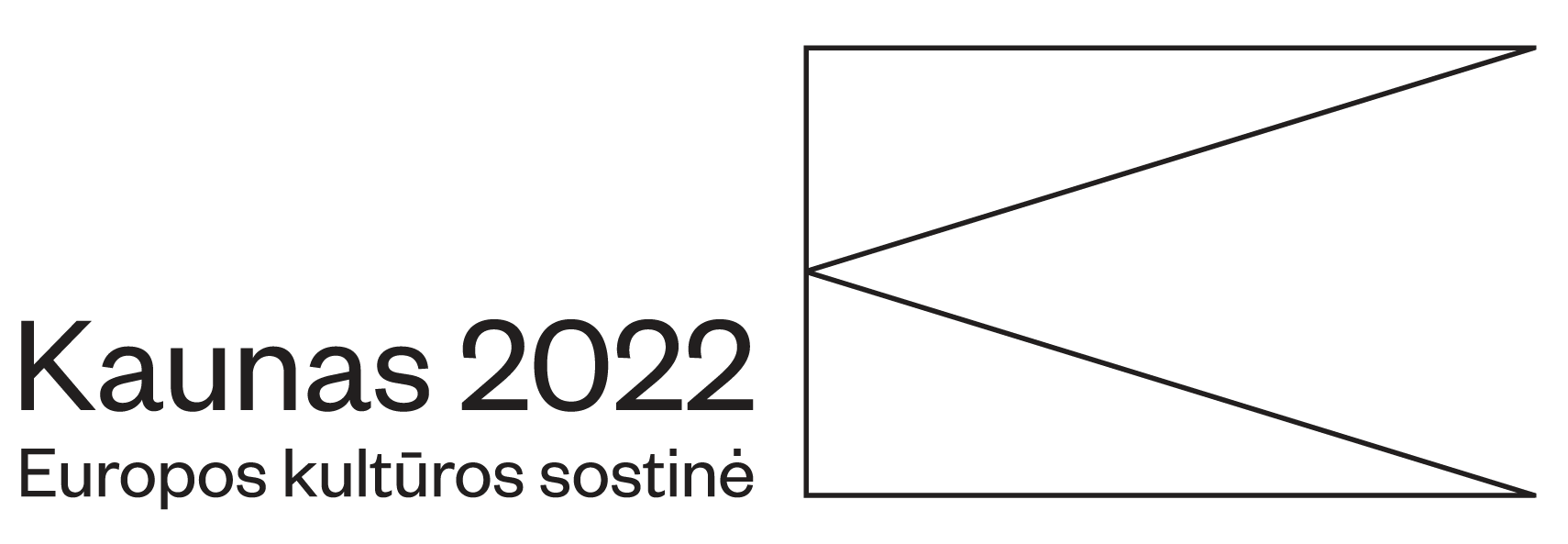“Kaunas – European Capital of Culture 2022” has already submitted the second report to the European Commission’s expert panel on how the city and the district are prepared to accept the title of ECoC in 2022. According to Virginija Vitkienė, the CEO of “Kaunas 2022”, although the quarantine has already ended, the pandemic that changed the world has also brought changes in European cities preparing for their year of ECoC. Representatives of Kaunas say that two scenarios are being prepared for 2022 – A and B – however, both are optimistic.
“In general, Kaunas now has been assessed perfectly for the second time in a row. This time, the strength of our program has been the European dimension. It seems that cities – the future European Capitals of Culture – often lack European aspect, international participation and partnerships, involvement in international networks.
Our program in this regard is very strong: we have over 40 international partners, various connections with artists and cultural organizations, we actively participate in international projects, we have also won the “Creative Europe”, “Interreg”, “Horizon 2020”, e-marketing [competitions], which we implement together with other European cultural organizations.
The program comprises of a joint exhibition on modernism, projects involving communities, international residency programs inviting foreign artists and organizations, projects created together with Kaunas and Kaunas district cultural institutions, and Lithuanian artists being delegated to other European countries.
The experts also acknowledged the stable “Kaunas 2022” management model – our team is comprised of the same people, the same key program managers ensure the stability of the program’s vision,” said Virginija Vitkienė, the CEO of “Kaunas 2022”.
The meeting with the Commission was mainly focused on the situation following the global pandemic and the adjustments of activities that had to be made. V. Vitkienė told that most of the questions revolved around the threats of COVID-19.
“We were asked how we perceive these threats, and how we will execute the program. This, of course, is not surprising, because this year’s European Capitals of Culture have suspended their planned activities, and next year’s capitals are asking to postpone everything because they do not have time to properly prepare, and are not very sure whether they will attract enough international participants or tourists,” tells V. Vitkienė.
According to the interviewee, Kaunas city and its district are ready to implement the programs of the Capital of Culture 2022 and they do not ask to postpone ECoC to later years.
“We are quite optimistic, and we state in our reports that we intend to realize the program from January 22, 2022 – the opening day – to the end of November. We do not want any postponements. The Commission questioned our optimism, they asked why we are so confident about our possibilities,” said V. Vitkienė.
As V. Vitkienė stated, the experience gained while carrying out various activities in the presence of COVID-19 and the two scenarios which are being prepared for 2022 give the team optimism.
“When the quarantine started, we did not stop our activities, not even for a week, we only changed the format and continued working in these new conditions. The performing arts program “Culture to the Courtyards” took place in different Kaunas districts, and photography series of quarantined Kaunas residents were created (these two initiatives with our consent were “borrowed” by other cities in the ECoC network).
We organized the virtual European Capital of Culture forum which gained much popularity, with thousands of foreigners listening to the presentations. During the forum, together with European and US experts, futurists, and artists, we discussed not only today’s challenges but also the positive impacts of the pandemic on culture.
Therefore, we thought that in a year and a half we could and will be able to prepare two scenarios. And that is what we are doing. One of them is the usual one, with many international artists and performers taking part in the events.
Another scenario is being prepared if there were restrictions on activities and mobility. In such case, we are preparing to strengthen the public art program, apply digital participation solutions, implement more smaller projects, which could help to avoid large numbers of participants in one venue,” explained V. Vitkienė.
The CEO of “Kaunas 2022” says that the report was assessed according to the same criteria as to when applying for the title of the European Capital of Culture: “How this project contributes to the city’s overall strategy and the cultural strategy are the two main aspects which are assessed. This project must bring long-term benefits. Therefore, five years are given for preparation. During this time we try to involve communities in the processes of cultural development, to strengthen the competencies of cultural workers, and to improve accessibility. In the long run, we expect an increase in the number of participants from cultural backgrounds and to reach wider audiences.
It is especially appreciated that the program of the European Capital of Culture in Kaunas and Kaunas district is already occurring, seven international lasting events (forum, memory, design, performing arts, community festivals, International Day of Happiness) have been established and will continue after 2022. The programs for these events are created by many organizations and institutions – from having 20 events in the Festival of Stories, to 150 events in the Day of Happiness program. A unique program of Contemporary Elderships is also being created in Kaunas district.”
During the meeting between the European Commission and “Kaunas 2022” team, the preparation for the 2022 program execution was discussed.
“The panel considered it to be in good progress. Following the optimistic scenario, we are planning three major events that year, which we call the trilogy of Kaunas Myth. During this preparation period, together with the people of Kaunas and Kaunas district, we are creating a new myth of Kaunas, a new legend, which we will experience together in the trilogy of 2022.
We hope to attract around 100,000 spectators to each of the big events, and there will be several thousand performers and artists in each part of the trilogy. The program is being developed with both national and foreign partners.
There will be many theatrical performances and other exhibitions in closed and open spaces in Kaunas. Over 400 different events are expected to be held that year.
At least 300 different interpretations of modernism are being created in the spaces of modernist architecture alone, including dance, theatre, visual arts, poetry, music events.
We will have striking, representative exhibitions by Marina Abramovič, which will be presented by the gallery “Meno Parkas”, and a personal exhibition by William Kentridge, attracting cultural tourists from all over Lithuania and Europe. Both of the artists will participate in the program.
Kaunas Department of Lithuanian Artists’ Association will introduce about 50 local artists in Kaunas modernist buildings, we are planning Fluxus art exhibition and an interdisciplinary exhibition with the working title “1972” – on the themes of cultural resistance.
A major part of the European Capital of Culture program will be implemented by Kaunas and Kaunas district cultural organizations, which have already proposed about a hundred projects, including the Contempo Festival, National Kaunas Drama Theatre with more than four special performances, MO Museum with Kaunas City Museum and others, Kaunas Artists’ House, Kaunas Faculty of Vilnius Academy of Arts, Kaunas City Chamber Theatre, Concert institution “Kauno santaka”, Kaunas District Museum and cultural centres with many other partners”, listed V. Vitkienė.
In the conclusion, the European Commission thanked the Mayor of Kaunas, both municipalities and the government for their support, which is one of the main conditions for the success of such a complex and important project.
The third and the last monitoring meeting between “Kaunas 2022” team and the European Commission will take place in autumn of 2021. During the meeting, the Panel will decide whether the city and the district have properly implemented the planned strategy and the program and whether the city will be granted the Melina Mercuri Prize of 1.5 million euros.

